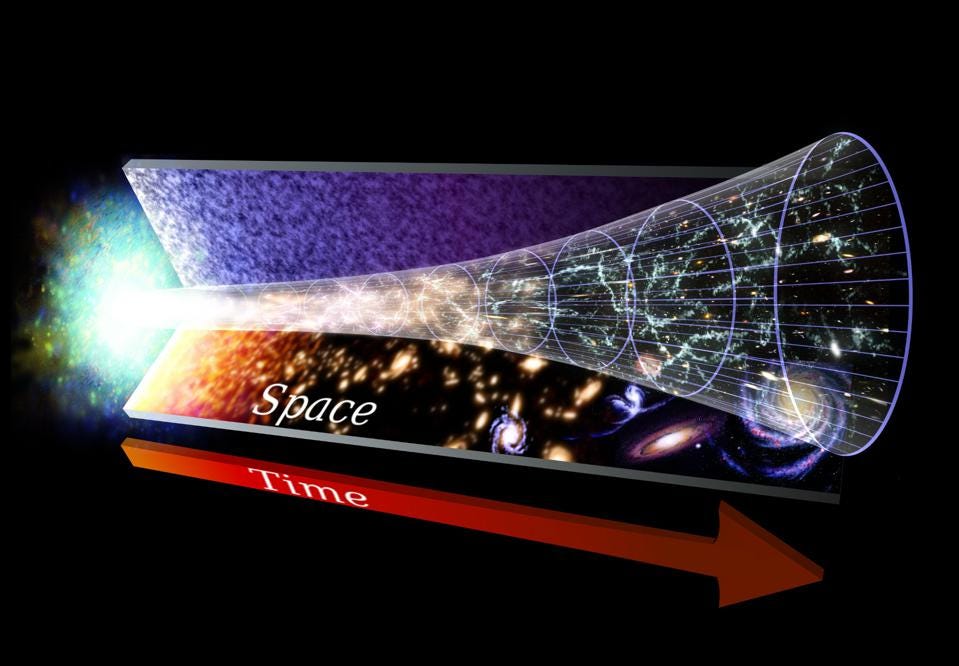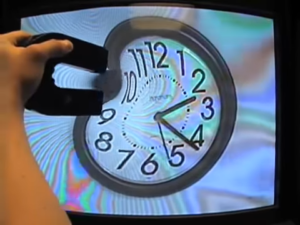Ask the Physicists: Are the dimensions of space constant? Is today’s metre the same as tomorrow’s meter?
We got the following question on our Ask The Physicists Facebook page that really got some heads scratching at our end: Are the dimensions of space constant? Is todays metre the same as tomorrows meter? The thought was that, if everything were expanding or contracting uniformly on an absolute scale, an observer embedded within the expanding or contracting matrix would ...








